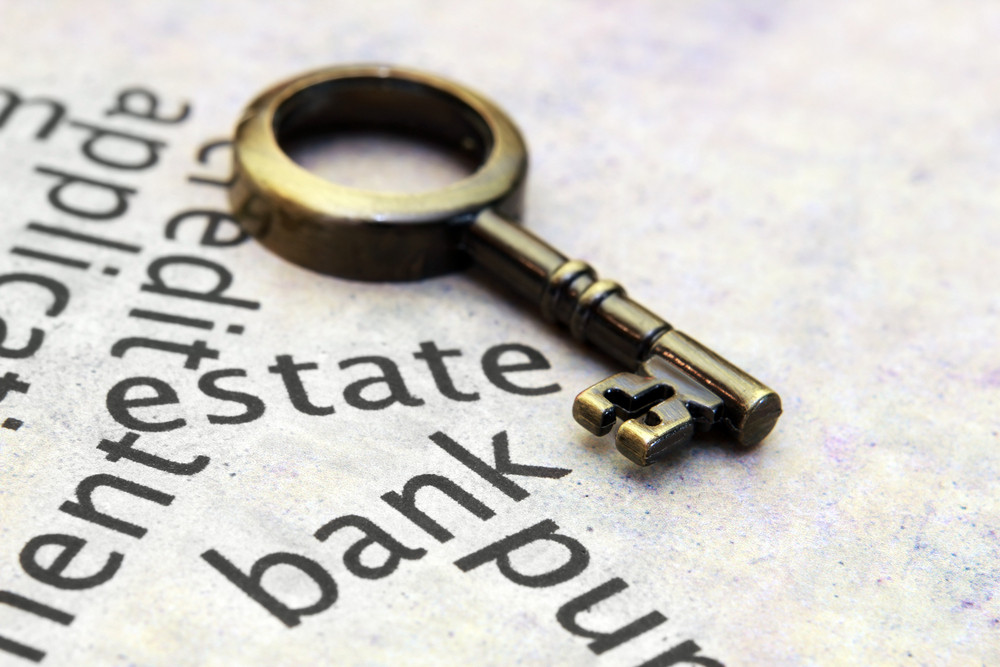
One of the biggest misconceptions around personal lending is that borrowers can take out loans without having any kind of liability for them. If you’re a borrower, then you’ve probably heard this myth before. While this may be the case in the past and is still true in certain situations, lenders can hold borrowers liable for certain aspects of the loan – both before and after the borrower has been paid back.
Today, even the borrower can sue the lender in some situations. Lender liability is the term broadly used to describe the legal responsibility and obligations of a lender to their borrowers. It covers a wide range of areas and can be applied to both personal and business loans, and to other forms of debt.
How Are Lenders Liable?
Can lenders be indeed held liable? The short answer is yes. Not only are they responsible for their actions and for the actions of their employees, but lenders are also liable for certain aspects of the loan.
They can be held accountable by borrowers for a number of reasons:
1. Breach of Contract
A breach of contract can occur when a lender fails to abide by the terms and conditions of the contract, does not meet the obligations set out in the agreement, or fails to provide the agreed upon loan and loan terms to the borrower.
For example, if a lender fails to provide the borrower with a copy of the loan document that has been agreed upon, or if the lender fails to provide the borrower with the agreed upon loan amount, this can be seen as a breach of contract. If a breach of contract occurs, then the borrower may have grounds to sue the lender for damages.
2. Fraud and Duress
Fraud occurs when a lender misrepresents the facts or circumstances of a situation in order to obtain the upper hand in the loan agreement. Such instances include misrepresentations in the terms of the loan to the borrower or if they fail to disclose important information regarding the loan.
If a lender takes advantage of the borrower’s ignorance, vulnerability, or inexperience and misleads the borrower into making them sign a loan agreement that is not favorable to them, then this is considered to be a fraud, and the borrower may then have sufficient grounds to sue the lender for fraud.
Duress is a form of fraud that occurs when a lender forces, coerces or puts pressure on the borrower to sign a loan agreement against their will. The pressure can come in the form of threats, intimidation, harassment, other forms of coercion, or a number of various factors. This kind of malpractice can take advantage of the borrower’s emotional distress in different ways.
If fraud or duress occurs, then the borrower may have grounds to sue the lender for lender liability damages.
3. Negligence
Another common cause of lender liability is negligence. Negligence occurs when a lender fails to fulfill their legal or moral duty to the borrower and/or contractual obligations. For example, lenders are negligent if they fail to conduct a credit check on the borrower and only made aware of their poor credit rating once the loan has been approved.
Other common causes of negligence include a lender failing to check a borrower’s income, financial situation, or employment history.
4. Defamation
In this lender liability, defamation can occur when a lender makes statements that are not true about a borrower and that damage the borrower’s reputation. For example, if a lender makes a statement about the borrower’s credit score or their financial situation that is untrue, then they could be liable for defamation.
Make Sure You Know Your Rights
Did you know that around 90% of all bankruptcy or chapter 11 debtors only have less than $10 million in liabilities or assets, less than the same amount in annual revenues, and fewer than 50 employees? However, before you go out and sue your lender, it’s crucial to consult with a lawyer who knows and understands the complex ins and outs of the law, like Judge William Duffey. While the specific way their liability is enforced will vary according to the type of loan and other factors, you must be prepared to make sure you don’t get the short end of the stick.
